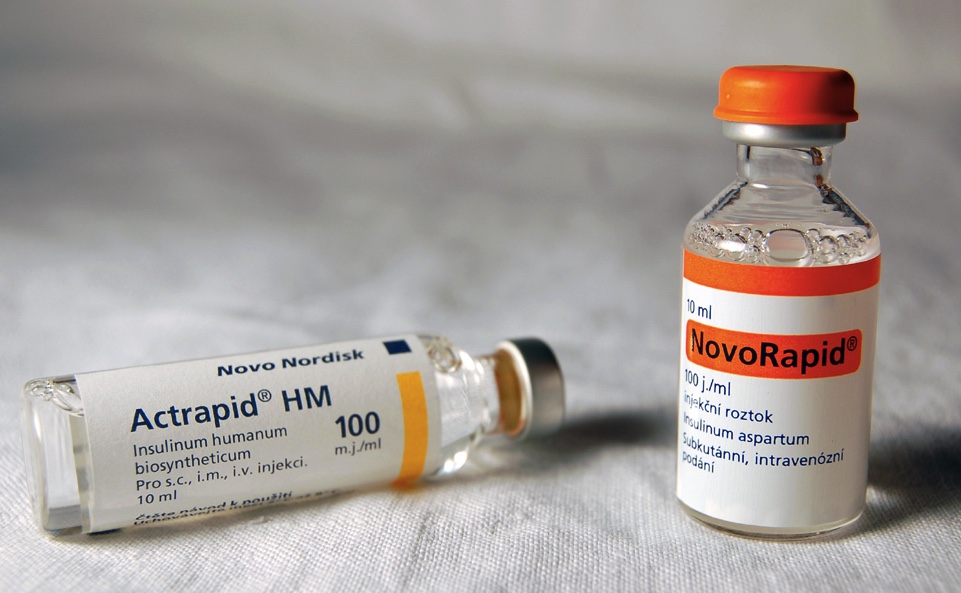
Reclaiming Insulin Sovereignty: TITAN and ASMARA Platforms for Mass Biomanufacturing in Europe
Breaking the Cartel: Insulin, Inequality, and the Opportunity for European Leadership
At the heart of the global diabetes crisis lies a quiet but devastating monopoly: a life-saving medicine held hostage by a handful of manufacturers. Despite insulin being off-patent for decades, just three global pharmaceutical giants dominate the market—dictating pricing, supply, and access. This concentration of control has limited the availability of affordable insulin, especially in regions already under economic pressure.
In the United States, insulin prices have soared beyond reason. Europe, including Poland and other Central and Eastern European nations, now faces similar systemic risks: rising diabetes rates, increasing healthcare costs, and inadequate local production capacity. But amid this crisis lies a chance to rewrite the pharmaceutical supply chain—through a bold, sovereign European solution: the TITAN and ASMARA platforms.
The Insulin Crisis: A Manufactured Scarcity
Insulin is not a rare or exotic molecule. It has been biosynthesised for over 40 years using recombinant DNA technology. The science is well-understood. The demand is clear. And yet, millions of people globally still struggle to access it due to pricing structures, regulatory lock-ins, and lack of local production.
- Patients ration insulin to make it last—resulting in amputations, blindness, kidney failure, and death.
- Governments overspend on cartel-priced imports—diverting budgets from prevention and education.
- Local biomanufacturing is nearly nonexistent—especially in rural or post-industrial regions where new health infrastructure is most needed.
Europe’s current strategy, relying on imports and foreign-owned production, offers no resilience, no price control, and no autonomy.
TITAN and ASMARA: A Platform for Pharmaceutical Sovereignty
The TITAN (rural) and ASMARA (urban) platforms are not pharma factories in the traditional sense. They are modular, circular, multi-output bio-industrial systems. Originally designed to transform biomass and waste into hydrogen producer gas (HPG) and ethanol, these platforms now represent the future of distributed biomanufacturing—including insulin.
Each platform features:
- Renewable, 24-hour power and heat, generated from local waste streams
- Targeted Microbial Fermentation (TMF) stations, already capable of industrial protein synthesis
- CO₂-ready infrastructure for enhanced fermentation using waste or captured carbon
- A scalable, cookie-cutter design that enables low-cost replication across the EU
By adding a dedicated pharmaceutical-grade fermentation unit, any TITAN or ASMARA site can pivot to produce biosynthetic insulin using engineered microbial strains like E. coli or yeast—in clean, stable, sovereign-controlled conditions.
This isn’t hypothetical. TITAN’s ethanol lines already handle 50,000 litres per day. The same bioreactors and feedstock management protocols can be adapted to pharmaceutical production with minimal redesign.

